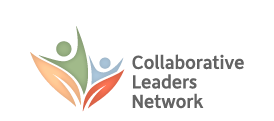The work of this stage involves clarifying particulars of the strategy and process design with the convener to ensure that the project gets off to a strong and well-coordinated start.
Delineating expectations—about the roles/responsibilities of convener staff and facilitation team, about the project scope, about the tentative process design, and about the desired norms for group conduct—ensures that team members operate from a shared understanding of them.
In this pre-launch stage, the facilitator works to understand the issue content from the perspective of both the convener and the group participants. A pre-meeting survey of working group members offers a preview of their values and beliefs, and sends a signal that their needs and interests will be taken into account.
With the information gathered, the facilitator can customize a process design and prepare draft scenarios for participants to discuss and modify during their first meeting. By the end of this stage, both convener and facilitator are aligned and ready to launch the working group sessions.
Preparing draft scenarios with the right amount of detail encourages both abstract and concrete thinkers to participate in developing the group’s operational guidelines.
